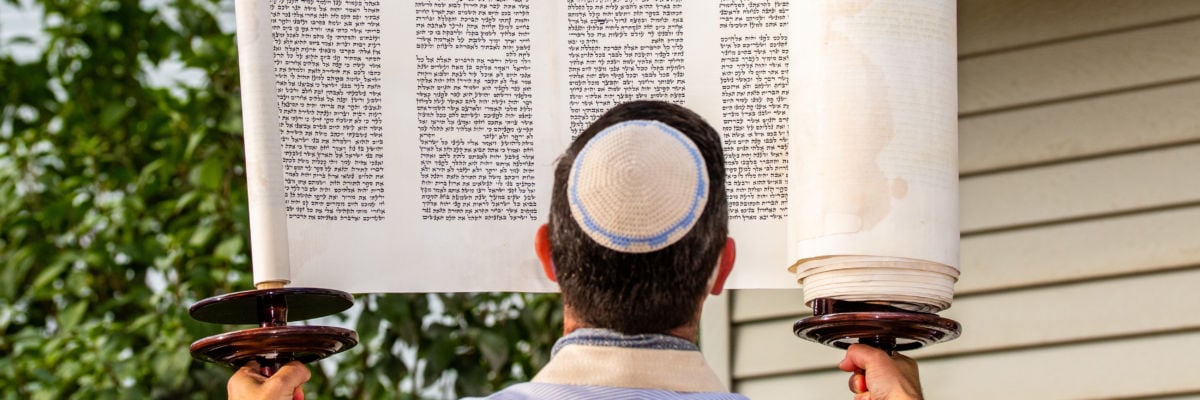
DAY 277
CHALLENGE
“Scripture says that the Jews were ‘entrusted with the oracles of God’ (Rom. 3:2), so we should look to them for the Old Testament canon. They reject the deuterocanonicals, and so should we.”
DEFENSE
There are multiple problems with this argument.
First, not all Jewish people have the same canon. Falashas (Ethiopian Jews) have a canon including deuterocanonical books. It was rabbinic Jews that Protestants were familiar with in the 1500s, and their canon that the Reformers borrowed.
Second, as we cover elsewhere (see Day 255), there were multiple canonical traditions in the first century. The Pharisee tradition, which gave rise to the canon used by rabbinic Judaism, was only one tradition.
Third, first-century Christians did not use the Pharisee canonical tradition. They used the Septuagint tradition, which they passed on to the early Church (see Day 273).
Fourth, the Pharisee canonical tradition continued to be debated after the split with Christianity.
According to now outdated scholarship, the Pharisee/rabbinical canon was settled around A.D. 90 at the “Council of Jamnia” (“Jab- neh,” “Yavneh”). However, there was no such council. Christians held councils to settle issues; Jews did not. This “council” was actually a Jewish school set up in Yavneh after the destruction of the temple in A.D. 70, and it did not settle the canon of Scripture.
The so-called Council of Jamnia was more in the nature of a school or an academy that sat in Jamnia between the years 75 and 117. There is no evidence of a decision drawing up a list of books. It seems that the canon of the Jewish Scriptures was not definitively fixed before the end of the second century. Scholarly discussion on the status of certain books continued into the third century (Pontifical Biblical Commission, “The Jewish People and Their Sacred Scriptures,” fn. 33).
Although the Jewish people were “entrusted with the oracles of God,” they had not reached a conclusion in Jesus’ day on what books counted as Scripture, and Christians should look to the decision of the Church on this matter—not that of a particular Jewish school, whose canon only solidified later in the Christian age.
TIP
For a good discussion of this from a Protestant perspective, see Lee McDonald, The Biblical Canon: Its Origin, Transmission, and Authority.



